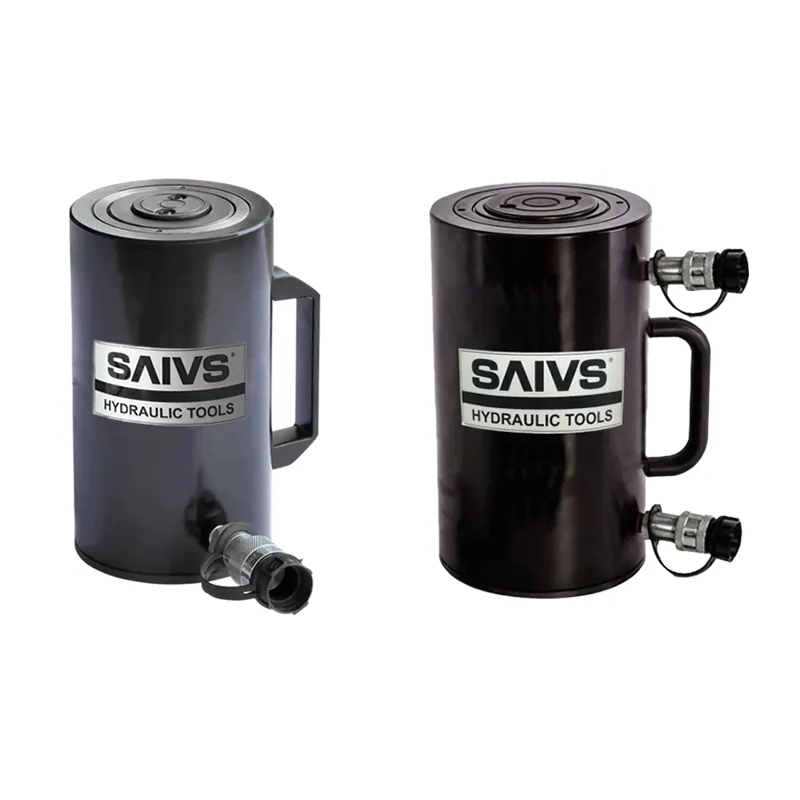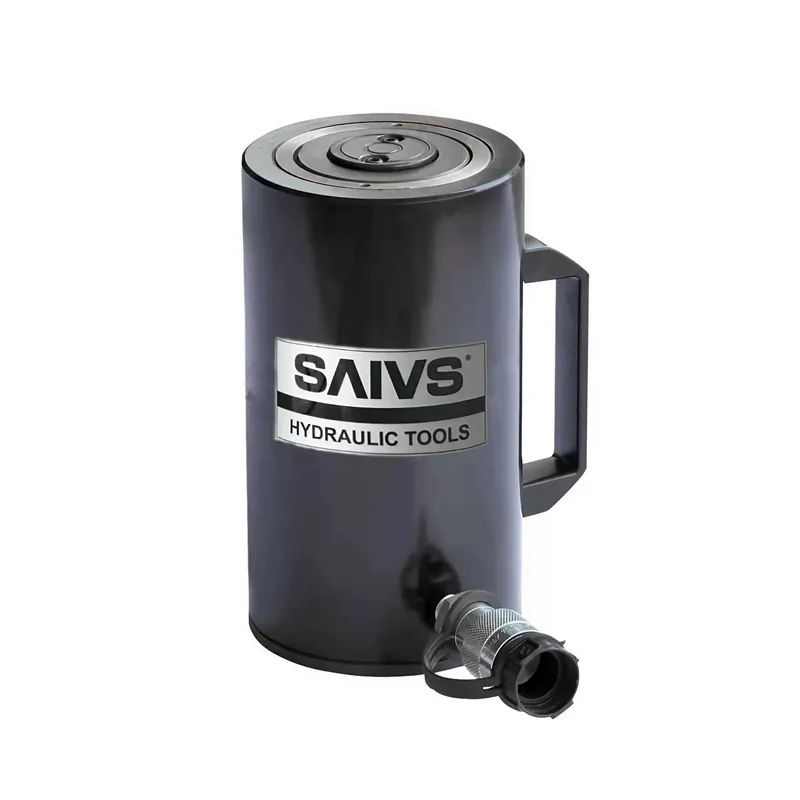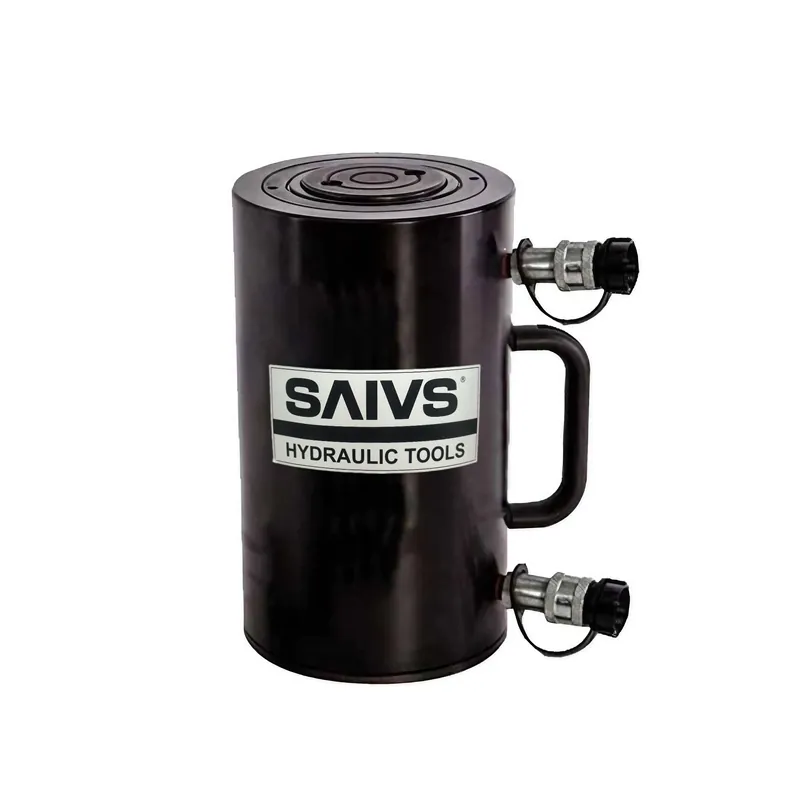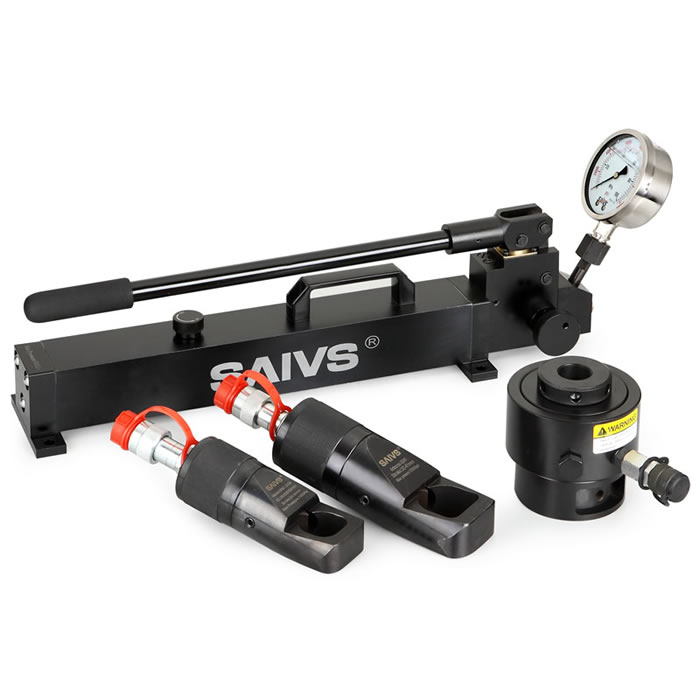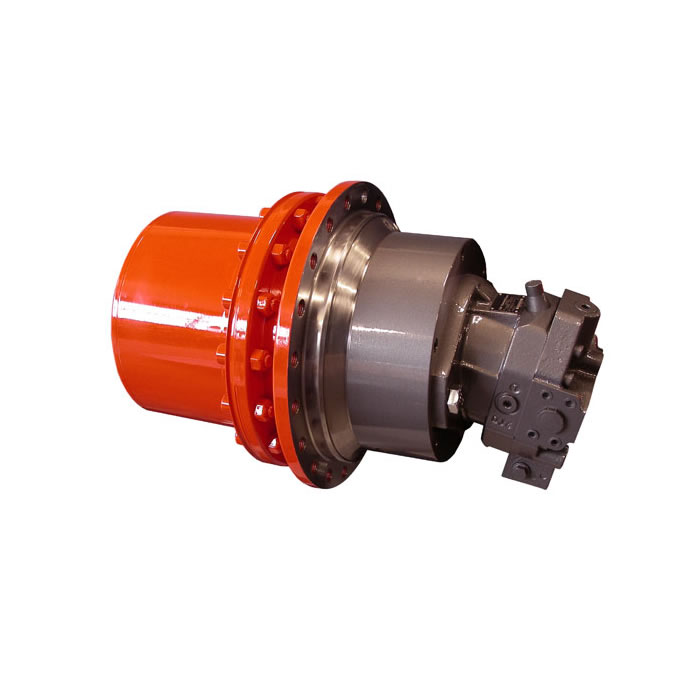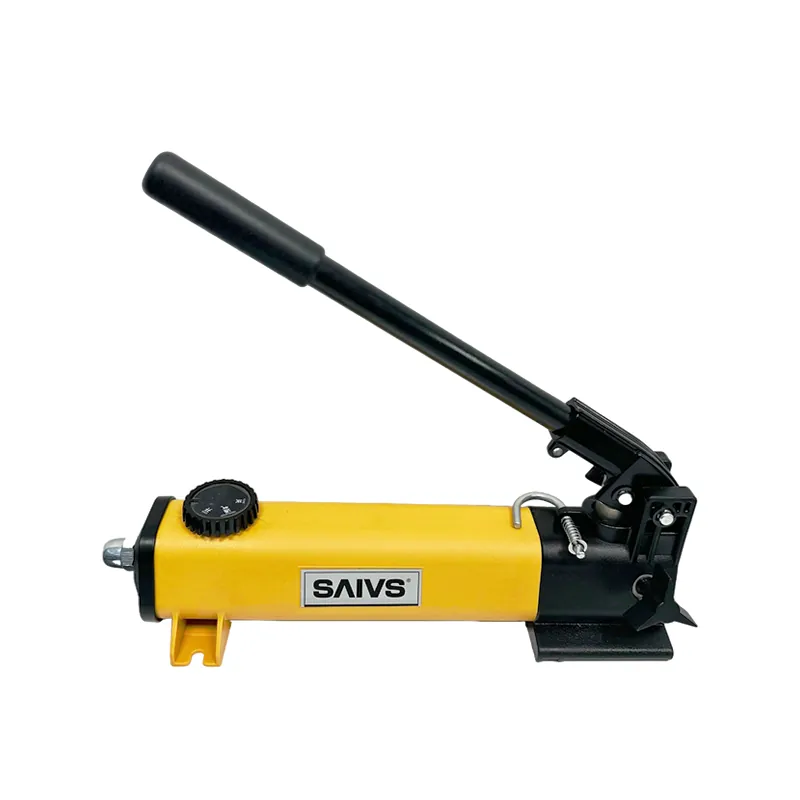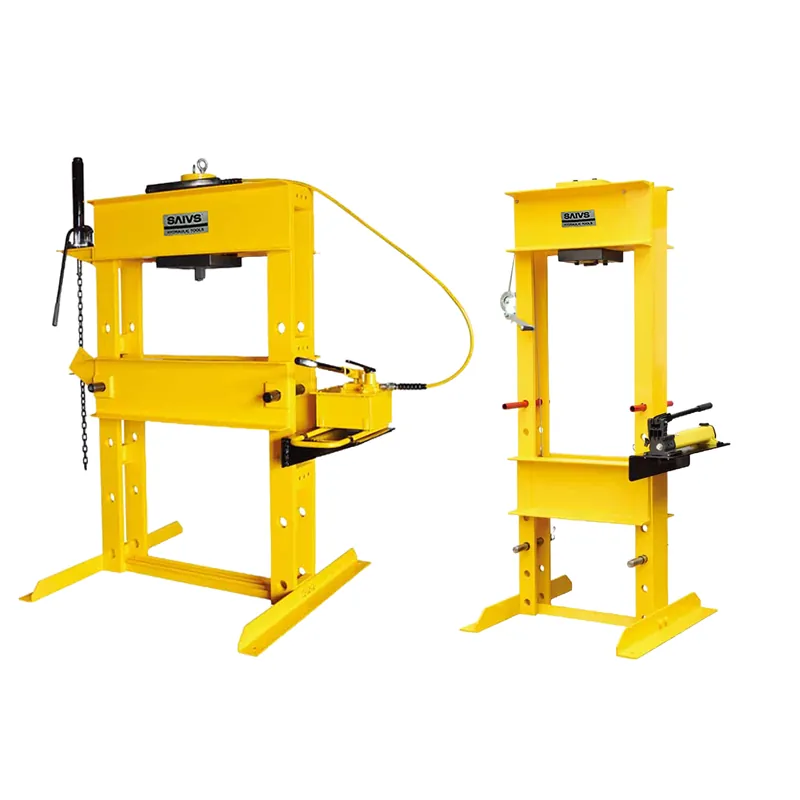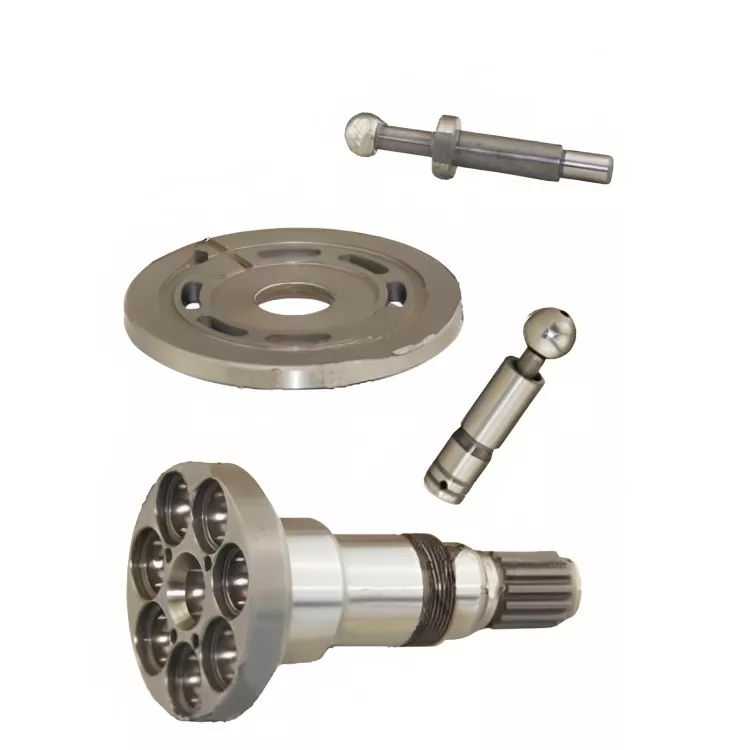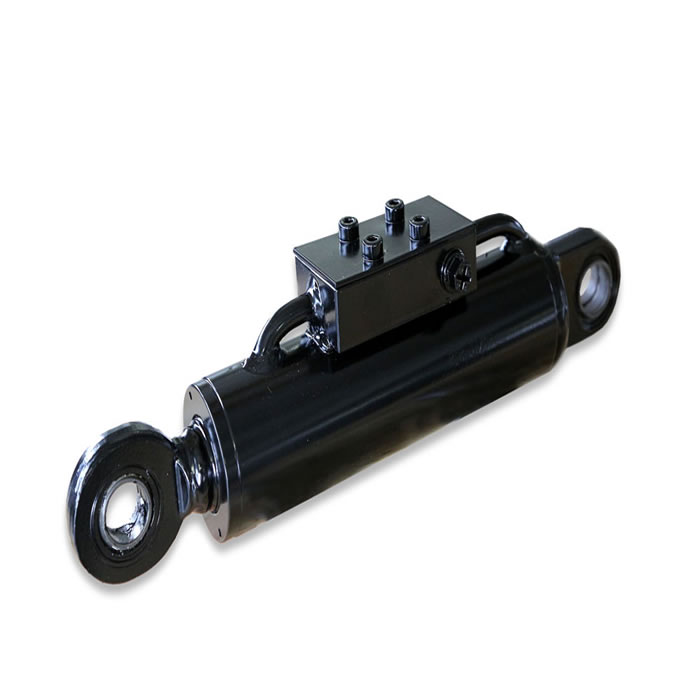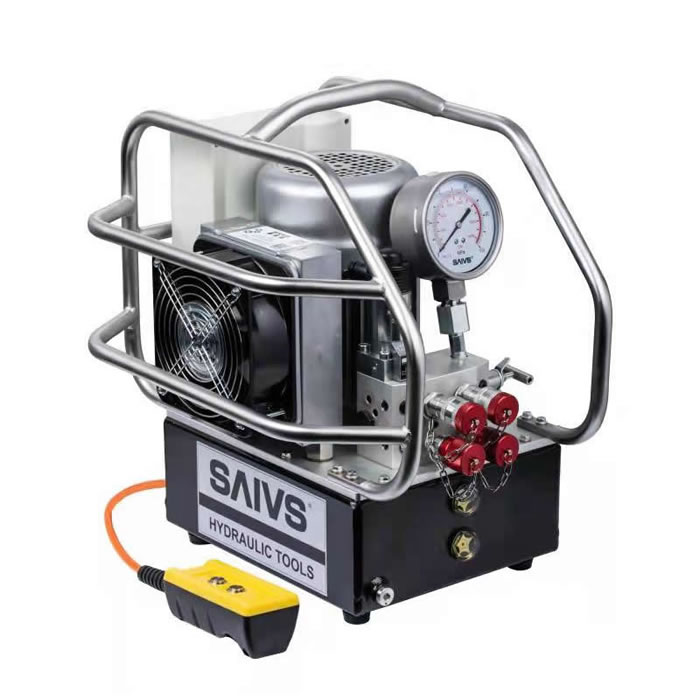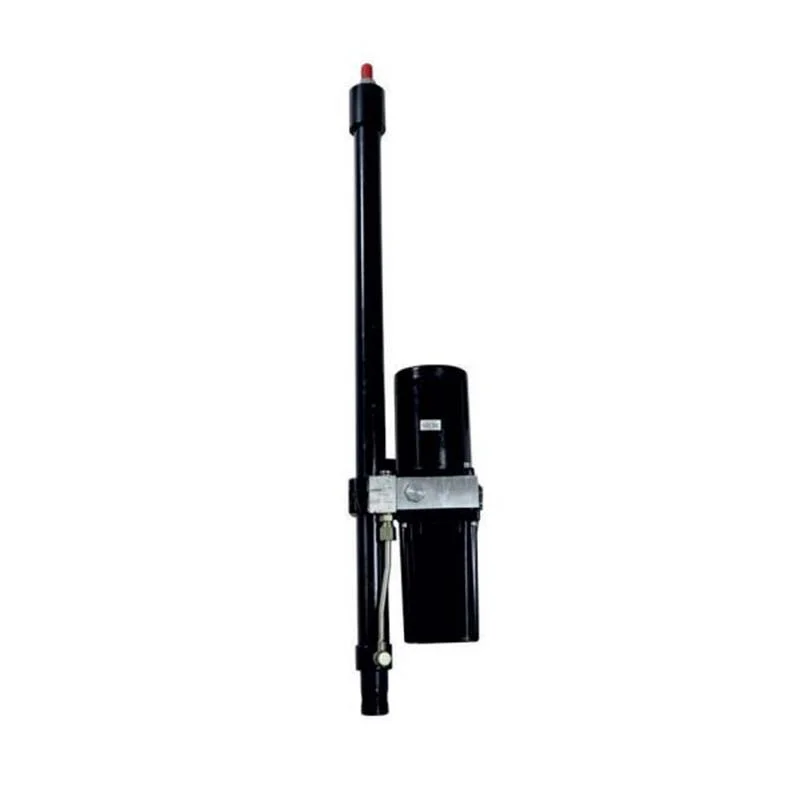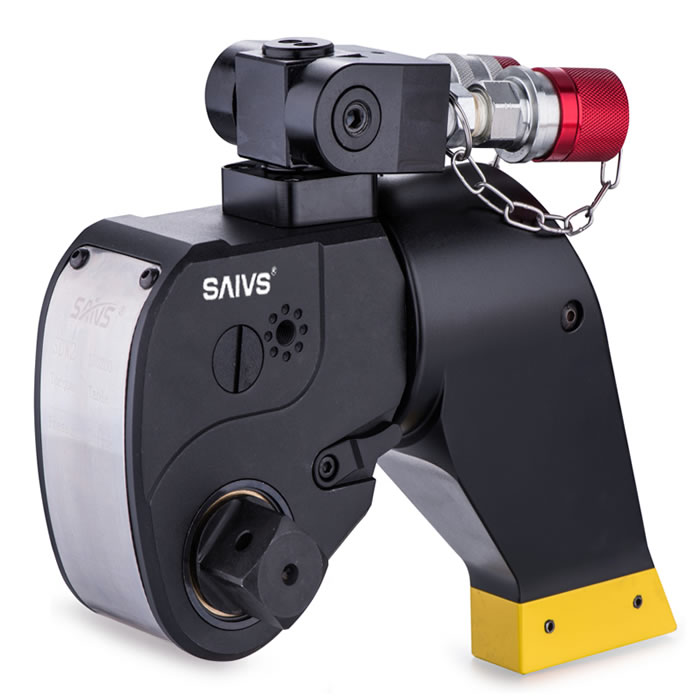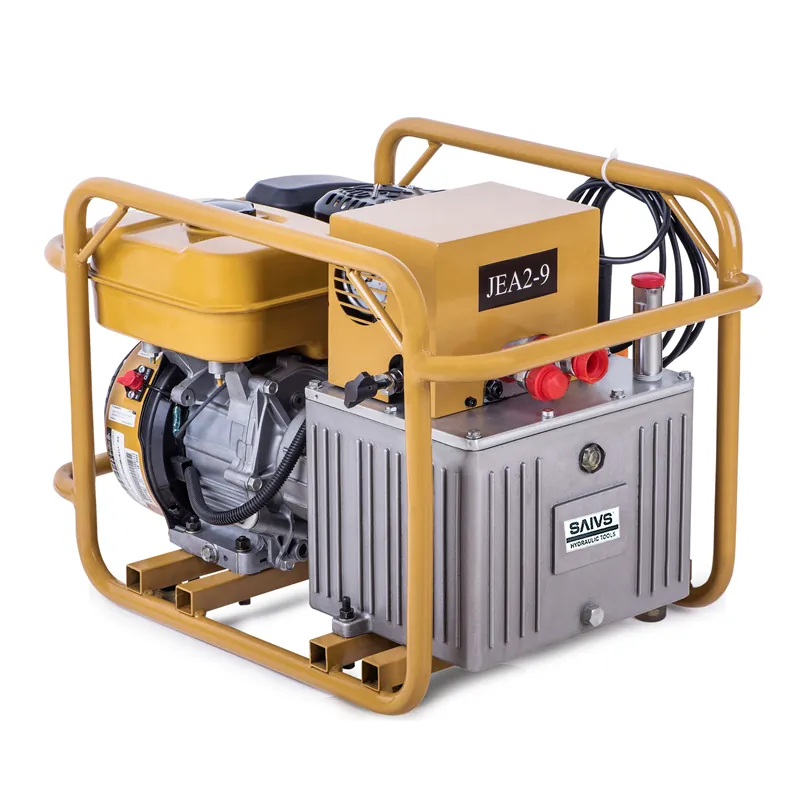Aluminum Hydraulic Cylinders: A Lightweight and Versatile Solution
Hydraulic Cylinders are essential components in various applications, providing linear motion and force using pressurized fluid. Traditionally, steel has been the dominant material for hydraulic cylinder construction. However, aluminum Hydraulic Cylinders have emerged as a compelling alternative, offering a range of advantages that make them suitable for various applications.
Advantages of Aluminum Hydraulic Cylinders
1.Lightweight Design:Aluminum is significantly lighter than steel, making aluminum hydraulic cylinders ideal for weight-sensitive applications. This is particularly beneficial in industries like aerospace and automotive, where reducing weight is crucial for performance and fuel efficiency.
2.Superior Corrosion Resistance:Aluminum naturally forms a protective oxide layer, making it highly resistant to corrosion. This is particularly advantageous in harsh environments where steel cylinders would be susceptible to rust and deterioration.
3.Excellent Heat Conductivity:Aluminum's exceptional heat conductivity allows for efficient heat dissipation, preventing overheating and extending the cylinder's lifespan. This is particularly important in applications involving high-cycle or continuous operation.
4.Lower Manufacturing Cost:Aluminum is generally less expensive than steel, making aluminum hydraulic cylinders a more cost-effective option. This can lead to significant savings, especially for large-scale applications.
Unique Aspects of Aluminum Hydraulic Cylinders
1.Comparison with Steel Hydraulic Cylinders:
Aluminum hydraulic cylinders offer distinct advantages over steel cylinders in specific applications. Their lightweight nature makes them ideal for weight-critical applications, while their corrosion resistance is crucial in harsh environments. Additionally, their excellent heat conductivity extends cylinder life in high-cycle or continuous operation scenarios.
2.Advantages in Specific Applications:
In the aerospace industry, aluminum hydraulic cylinders are preferred for their lightweight design, contributing to fuel efficiency and overall aircraft performance. Similarly, in the automotive industry, aluminum cylinders are favored for their weight reduction capabilities, enhancing vehicle performance and handling.
3.Design and Manufacturing Differences:
Due to the inherent properties of aluminum, the design and manufacturing of aluminum hydraulic cylinders differ from their steel counterparts. Aluminum's lower strength necessitates careful design considerations to ensure adequate structural integrity. Additionally, specialized manufacturing techniques are employed to optimize aluminum's formability and prevent cracking.
Types of Aluminum Hydraulic Cylinders
Single-acting Hydraulic Cylinders:
Single-acting aluminum hydraulic cylinders utilize pressurized fluid to extend the piston in one direction, while retraction is achieved using an external force, such as a spring or gravity. These cylinders are commonly used in applications where a single linear motion is required.
Double-acting Hydraulic Cylinders
Double-acting aluminum hydraulic cylinders employ pressurized fluid to extend and retract the piston, providing bidirectional linear motion. These cylinders are versatile and suitable for applications requiring controlled movement in both directions.
Applications of Aluminum Hydraulic Cylinders
1.Automotive Industry:
Aluminum hydraulic cylinders are widely used in automotive applications, including brakes, suspension systems, convertible tops, and seat adjustment mechanisms. Their lightweight design and corrosion resistance make them well-suited for these applications.
2.Medical Devices:
Aluminum hydraulic cylinders are employed in various medical devices, such as patient beds, surgical tables, and dental chairs. Their precise control and smooth operation ensure patient comfort and safety during medical procedures.
3.Industrial Automation:
Aluminum hydraulic cylinders are ubiquitous in industrial automation applications, including robotic arms, material handling equipment, and machine presses. Their reliability and durability make them essential components in automated manufacturing processes.
Maintenance of Aluminum Hydraulic Cylinders
1.Regular Inspection and Maintenance:
Regular inspection and maintenance are crucial for ensuring the optimal performance and longevity of aluminum hydraulic cylinders. This includes checking for leaks, wear and tear, and proper fluid levels.
2.Troubleshooting and Repair:
Promptly addressing any issues or malfunctions can prevent further damage and extend the cylinder's lifespan. Common problems include leaks, loss of pressure, and sticking pistons.
3.Extending Service Life:
Utilizing high-quality hydraulic fluids, maintaining proper operating temperatures, and avoiding excessive loads can significantly extend the service life of aluminum hydraulic cylinders.
Conclusion
Aluminum hydraulic cylinders have emerged as a compelling alternative to traditional steel cylinders, offering a range of advantages that make them suitable for various applications. Their lightweight design, superior corrosion resistance, excellent heat conductivity, and lower manufacturing cost make them attractive choices in industries like aerospace, automotive, medical devices, and industrial automation. With proper maintenance, aluminum hydraulic cylinders provide reliable and efficient linear motion for a wide range of applications.

